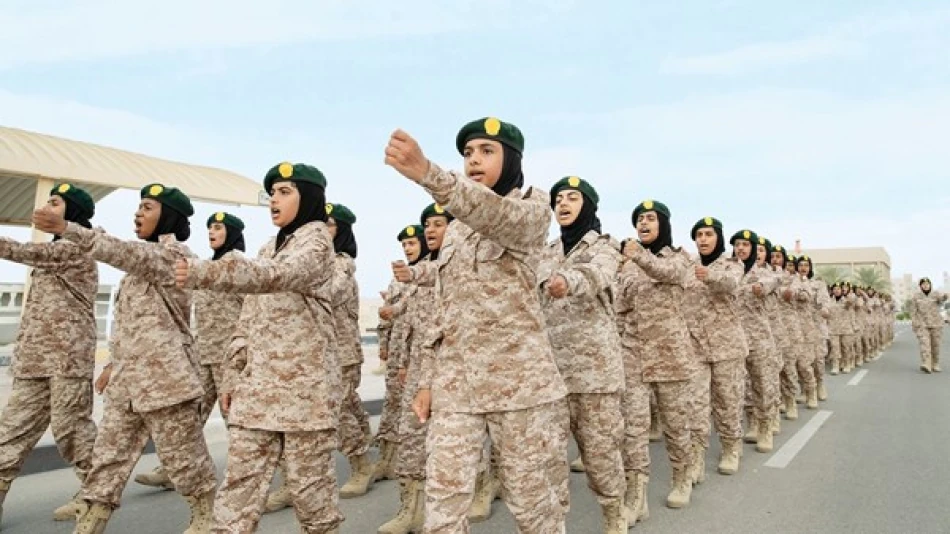
Emirati Women: 50 Years of Inspiring Partnership and Contribution
UAE Celebrates Five Decades of Women's Empowerment as National Model Takes Center Stage
The United Arab Emirates marks Emirati Women's Day on August 28th with a milestone celebration of 50 years since the establishment of the General Women's Union. This year's commemoration, themed "Hand in Hand We Celebrate the Golden Jubilee," showcases how strategic government backing and visionary leadership have transformed the UAE into a regional benchmark for women's advancement across economic, social, and educational sectors.
The Architect Behind the Movement
Sheikha Fatima bint Mubarak, widely known as the "Mother of the Emirates," stands as the driving force behind the UAE's women's empowerment agenda. As President of the General Women's Union, Supreme Chairwoman of the Supreme Committee for Motherhood and Childhood, and Supreme President of the Family Development Foundation, she has crafted a distinctive approach that balances modernization with cultural preservation.
Her philosophy centers on maintaining Arab authenticity and Islamic traditions while embracing contemporary progress—a strategy that has proven particularly effective in the Gulf region where rapid economic development often creates tension with traditional values.
Strategic Integration of Tradition and Progress
A Balanced Development Model
The UAE's approach differs markedly from Western models of women's empowerment by explicitly incorporating cultural identity as a foundation for advancement. This methodology has allowed the country to achieve significant progress without the social resistance often seen in other rapidly developing nations.
Noura Khalifa Al Suwaidi, Secretary-General of the General Women's Union, emphasized that Emirati women have demonstrated their capacity for leadership and meaningful contribution to national development over five decades. The close cooperation between society and its institutions has been instrumental in supporting this empowerment journey.
Regional and Global Implications
Setting Gulf Standards
The UAE's model increasingly serves as a template for other Gulf Cooperation Council nations seeking to diversify their economies while maintaining social cohesion. Unlike more gradual approaches in Saudi Arabia or the business-focused strategies in Qatar, the UAE has created comprehensive institutional frameworks that address women's participation across multiple sectors simultaneously.
Economic Diversification Driver
This celebration comes at a crucial time as the UAE continues its economic diversification efforts beyond oil dependency. Women's participation in the workforce and leadership positions directly supports the country's Vision 2071 goals, which aim to make the UAE the world's best country by the centennial of its founding.
The emphasis on sustained partnership between government institutions and civil society represents a governance model that other developing nations are studying, particularly those seeking to modernize while preserving cultural identity. The UAE's success in creating what Al Suwaidi describes as a "pioneering national model" demonstrates how strategic, long-term investment in women's empowerment can yield measurable economic and social returns.
As the UAE prepares for its next phase of development, the integration of women's leadership across sectors positions the country to compete more effectively in knowledge-based industries and maintain its status as a regional hub for innovation and business.
Most Viewed News

 Layla Al Mansoori
Layla Al Mansoori






